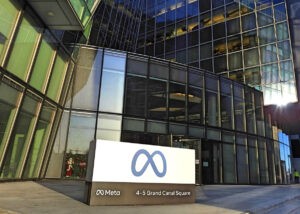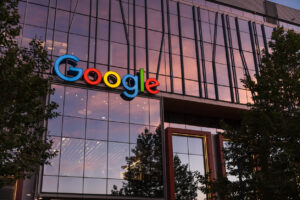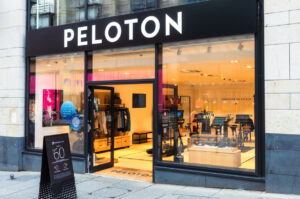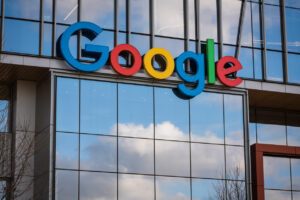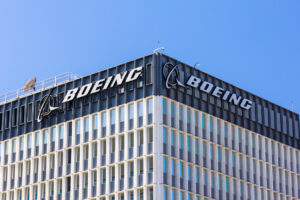Free booze for shots, the beefiest cyberattack ever, and more
Get a refresher on vaccine-incentive guidance, and grab your weekly dose of messaging inspiration.
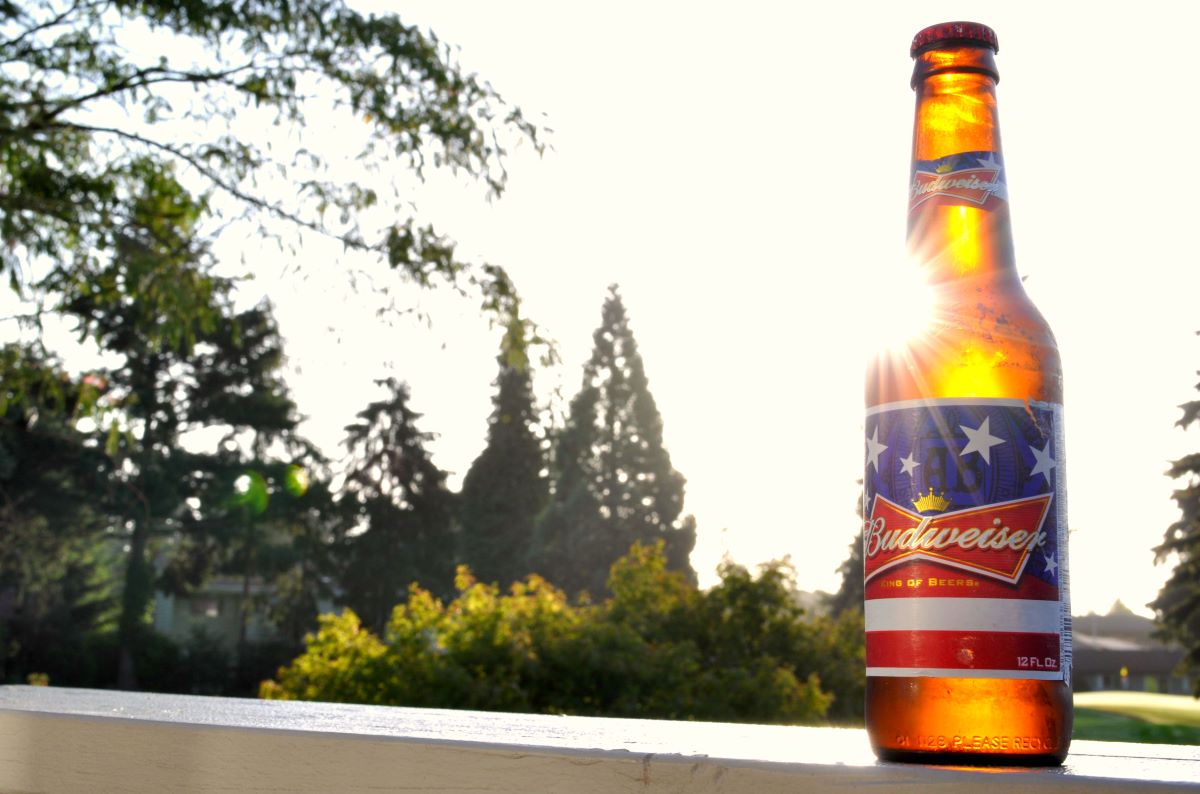
Hello, comms pros and messaging maestros.
We hope you enjoy this week’s stories—along with practical tips and takeaways—for the week of June 1-4, 2021.
1. Free beer, anyone?
When all else fails, use booze. Oh, and free childcare maybe?
In a push to hit the goal of having 70% of Americans vaccinated by Independence Day, President Biden is touting new measures to incentive those who’ve thus far not got the shot.
Yahoo News explains:
“Biden said he envisioned ‘a summer of freedom, a summer of joy, a summer of get-togethers and celebrations, an all-American summer that this country deserves after a long, long dark winter that we’ve all endured.’
Sounds great! But who’s going to watch the kids while we pound hard seltzers in the backyard?
Yahoo News again:
“Biden said that the childcare chains BrightHorizons, KinderCare and Learning Care Group, as well as about 500 YMCA outlets in 28 states, would provide free service while parents got vaccinated. It was a recognition, however modest, of the gaps in childcare that the pandemic has routinely exposed.”
Companies are pitching in toward the White House’s vaccination drive, too. The latest brouhaha comes from Anheuser-Busch, which is offering perhaps the ultimate attention-getting and motivational incentive: free booze. The U.S.’s biggest brewer writes in a press release:
“As part of Anheuser-Busch’s “Let’s Grab A Beer” initiative aimed at playing an active role in the country’s recovery and making the moments that we come together over a beer even better, the brewer will offer its biggest beer giveaway ever to give eligible adults another reason to get their vaccines by July 4th. When the nation reaches the White House’s goal of 70% of adults partially vaccinated, Anheuser-Busch will buy America’s next round of beer, seltzer, non-alcoholic beverage or other A-B product* – inclusive of over 100 brands – to enjoy with family and friends. Adults 21+ will simply upload a picture of themselves in their favorite place to grab a beer, whether with friends at their favorite local bar and restaurant or with family in their very own backyard, at MyCooler.com/Beer to enter to receive a beer on A-B.”
Whether due to legal concerns or potential PR flubs, offering vaccine incentives can be fraught. Is it worth the trouble? Krispy Kreme faced backlash for offering free doughnuts, and Anheuser-Busch will surely take some heat for its “Let’s Grab a Beer” stunt—especially at a time when binge drinking rates are soaring.
However, as President Biden said, we do deserve a joyful summer after all we’ve endured. Also, companies can mostly relax about the legal aspects of offering vaccine incentives. The EEOC has updated its vaccine-incentive guidance in a manner that allows companies to offer essentially whatever they’re willing to give workers to entice more people to get inoculated. That apparently includes free beer, so keep that in mind.
2. Takeaways from Fauci’s emails.
Through Freedom of Information Requests, several major news networks have revealed more than 3,000 pages worth of pandemic-era emails sent by Dr. Anthony Fauci, who has been the country’s de facto COVID-19 czar and spokesperson. The contents of his emails are somewhat light on bombshells, but the messages do provide a fascinating peek into the surreal situation Fauci has endured the past year. They also shed light on his communication style. The BBC reports:
“His conversations offer a glimpse into the early days of the US Covid outbreak and his dealings with the government, foreign and domestic health officials, the media, celebrities and everyday Americans.”
Regardless of your politics, Fauci’s emails bear out the notion that he is a strong and thoughtful communicator. Of course, no one’s perfect, but his willingness and ability to engage with an incredibly wide swath of people from around the world amid thousands of requests each day—from CEOs and celebs to top military brass and international leaders—is admirable and apparent. As the BBC notes, Fauci’s emails are an “ink blot test,” in that “what you see in them reveals more about you than the ink blot.”
But for comms pros, this moment should be a powerful reminder that every email should be typed as though it will be read by the public one day. In our hyper-connected, leak-happy world, no digital message is “private.” Every message should be crafted accordingly. That’s a not-so-gentle nudge for your leaders, especially.
3. The beefiest cyberattack of all time.
NPR reports on the JBS hack:
“The world’s largest meat processing company has resumed most production after a weekend cyberattack, but experts say the vulnerabilities exposed by this attack and others are far from resolved.”
Unlike Colonial Pipeline, which tweeted out frequent updates and created a microsite to communicate with the public after suffering a ransomware attack, JBS is not saying much of anything. Its Twitter handle boasts more than 54,000 followers but has not been active since 2017. Its websites don’t say anything about the hack.
This begs the question: Is silence the best way to persevere through a cyberattack crisis? Or should you err on the side of transparency? Probably somewhere in the middle. The crucial thing is to keep employees updated—and to give the public enough information so as to prevent them from freaking out and snapping up all the burgers in the tri-state area.
However you plan to respond to such an event, the important thing is plan for and expect such an event.
NPR shares an ominous warning:
“In October, a REvil representative who goes by the handle ‘UNKN’ said in an interview published online that the agriculture sector would now be a main target for the syndicate. REvil also threatened to auction off sensitive stolen data from victims who refused to pay it.”
4. Are you ready for the remote-work battle?
Bloomberg has published an enlightening story about how workers are deciding to quit rather than give up working from home. It foreshadows the looming showdown between command-and-control leaders, who are itching to get everyone back into the office, and workers who have become accustomed to the comforts of virtual work.
It writes:
“While companies from Google to Ford Motor Co. and Citigroup Inc. have promised greater flexibility, many chief executives have publicly extolled the importance of being in offices. Some have lamented the perils of remote work, saying it diminishes collaboration and company culture. JPMorgan Chase & Co.’s Jamie Dimon said at a recent conference that it doesn’t work ‘for those who want to hustle.’
That sort of mindset might force folks to hustle into another line of work. Or, at least another job with a company that values work/life balance and worker well-being.
Bloomberg continues:
“But as office returns accelerate, some employees may want different options. A May survey of 1,000 U.S. adults showed that 39% would consider quitting if their employers weren’t flexible about remote work. The generational difference is clear: Among millennials and Gen Z, that figure was 49%, according to the poll by Morning Consult on behalf of Bloomberg News.”
Regardless of your company’s post-COVID workplace policies, it’s wise to err on the side of flexibility. Employees will increasingly expect—and demand—more freedom to work from wherever they choose.
5. Your weekly dose of comms inspiration.
Let’s end with some good news! This week, let’s draw encouragement from:
- Reddit’s weird army of investors, who are currently taking AMC on a blockbuster thrill ride.
- Naomi Osaka’s bold stand to protect her own mental health.
- The fact that robot-writing is still wonderfully terrible, which bodes well for our future careers.
- The best road trip tunes for your summertime getaway—or at least some fodder to get your intranet chatter going.
- Joyful experiences at a McDonald’s drive-thru.
Take good care of yourselves, comms champions. And keep up the good work.


